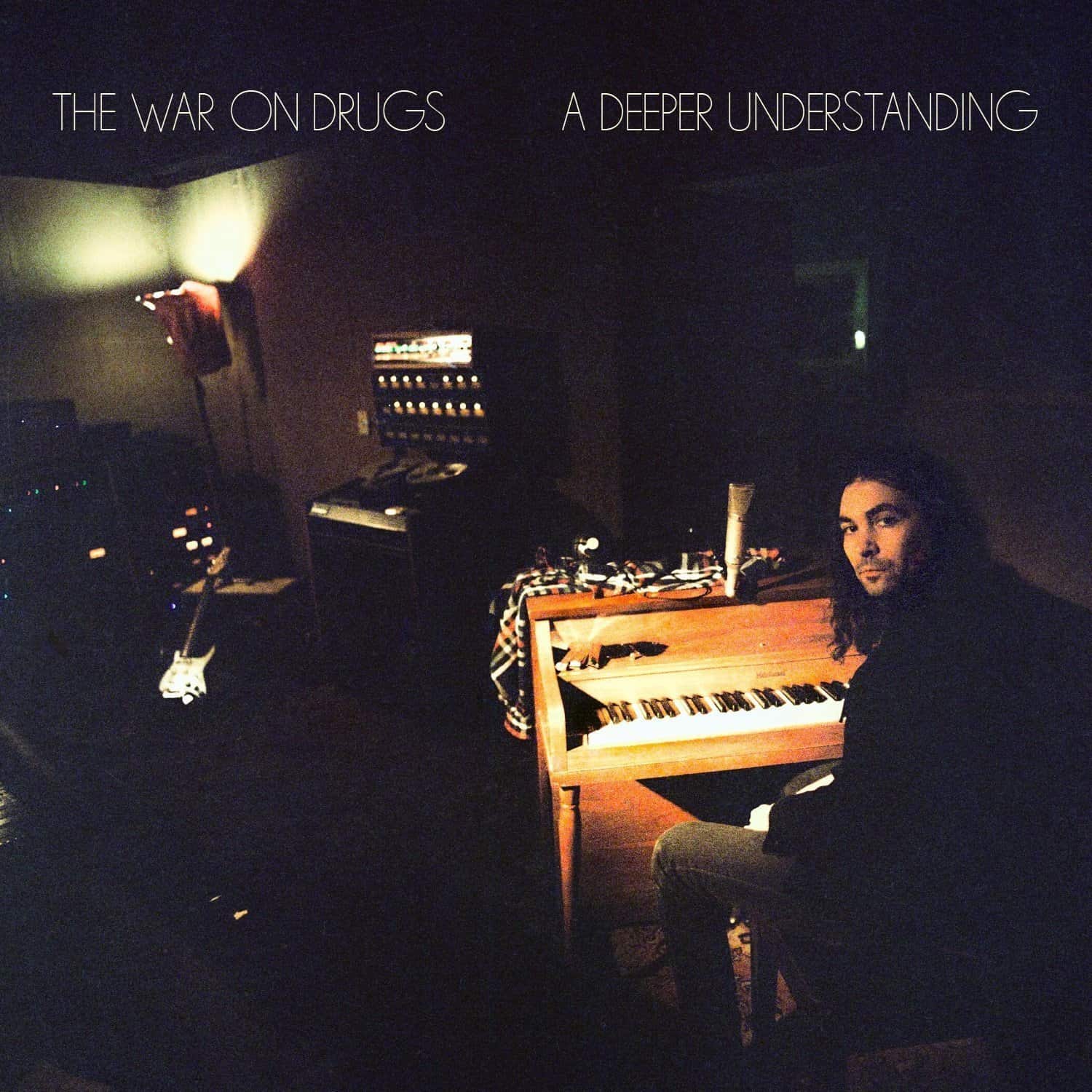Marketplace
2018 Sub Pop Records PRESSING
- Catalog Number SP1240
- Release Year 2018
- Vinyl Mastering Engineer Greg Calbi
- Jacket Style Gatefold
When listening to this album I think of this band or music:
While now on album number seven—hence, the numeral-based title—Victoria Legrand and Alex Scally haven’t tinkered too much with the Beach House formula over the course of its career. The exception is 2010’s Teen Dream, on which the duo’s hypnotic arrangements (always which feel as if they’re moving in slow motion) gradually built to grander, epic payoffs. The touchpoints of 90s shoegaze, as well as lost-in-orbit vocals reminiscent of Mazzy Star and Bat for Lashes, remain here. Beach House also seems intent on adding a slightly more forward momentum to arrangements, a tactic the group’s champions maintain gives 7 some genuine rock force, ala My Bloody Valentine. Such a conclusion is more wishful thinking than reality.
I would listen to this album while:
Like all Beach House efforts, 7 works well as wind-down music. Dim the lights, zone out, and relax. Beach House melodies feel more abstract than defined, so the demands on the listener aren’t too heavy. Plus, the duo regularly performs on stages with low-lit lamplights for a reason. As anyone well-versed in synesthesia may tell you, this is material built for the soft glow of evening hours.
Music from this album would be a great soundtrack to this movie:
In last year’s Ingrid Goes West, Aubrey Plaza plays a star-struck and depressed young woman who lets her life become defined by what she sees on social media. At less than 100 minutes, the beautiful film features a languid pace, and lets the camera linger on Plaza while audiences try to get inside her head. It all reflects the loneliness and romance of tech-driven life, a feeling hard to put into words—much like Beach House’s sound.
As soon as 7 begins, it seems Beach House opted for a change. “Dark Spring” commences with a rush of rhythms, an opening sprint in place of the kaleidoscope spin normally provided by the band. The song also possesses an underlying acceleration that hints the duo is about to get loud. Well, maybe not loud, but Beach House is definitely about to get layered.
Throughout the track, Victoria Legrand’s multi-tracked vocals come across as conceptual rather than direct—“The worlds colliding, unreal dividing, the colors missing,” she sings—and the song soon becomes a dizzying mix of synthesizers and guitars. One listens not for sonic progression, per se, but to discover moments of beauty while the music twirls in the ether. The band claims it designed 7 so it wouldn’t readily replicate to the live setting. Fair enough: When a guitar mimics a harp in the midst of “Dark Spring,” the production-heavy focus emerges on a wider scale.
Co-produced by the band and Sonic Boom (Peter Kember of Spaceman 3 fame), the passages personify how 7 unfolds—namely, little pleasures blossom amidst the weight of fantastical sounds. Listening in analog conjures the experience of weightlessly floating, with ambience and texture given priority over individual cues. Spacious, gauzy, and comforting, the sonics suit the duo’s dreamscape compositions.
Indeed, if Beach House songs were photographs, they’d all be taken in long exposure, which can lend a slightly magical heft to images grounded in reality. “Pay No Mind” lets the drums crack the spell and flips the band’s thesis by removing layers rather than adding them. “Drunk in LA,” with references to “strawberries in springtime,” goes for a more vintage vibe with synthesizers pointing to every era but the present.
By contrast, the standout “Dive” sees Beach House more aggressively tinkering with its formula. A beat pounds like a heart and Legrand’s trance-like vocals begin as a mantra: “Tell her something, tell her nothing, tell her that you’re waiting.” Then, just past the two-minute mark, what sounds like a helicopter disrupts the reverie and guitar upon guitar reaches for euphoric heights. Things unfortunately soon calm down, so much so that by the time the album closes with “Girl of the Year” and “Last Ride,” Beach House once again emphasizes prettiness over distinction—making 7 a work of small victories rather than a step forward.
7


 3.5
3.5



